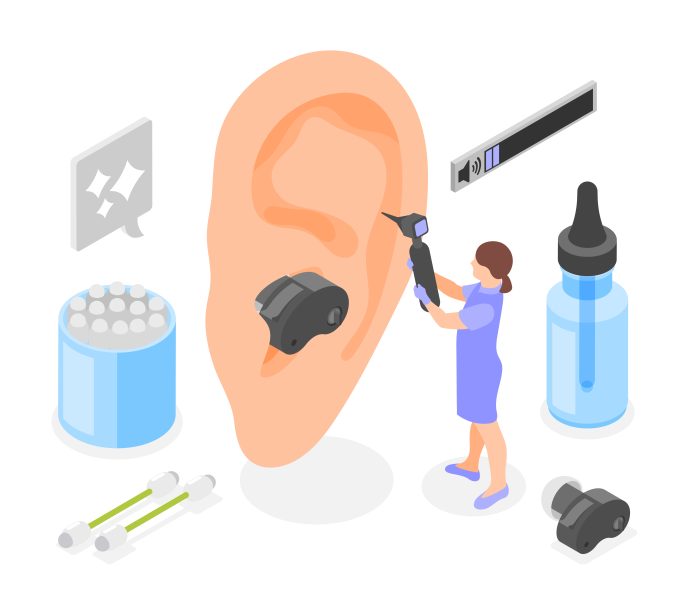By: Dr Vivian George Vincent Fernandez
FEBRUARY is kids ear, nose and throat (ENT) Health Month, a time dedicated to raising awareness about ENT health issues in children, including hearing loss. Hearing is essential for the development of an infant and child. It impacts intellectual growth and speech development.
When hearing impairment goes unnoticed, children may struggle with communication, experience social isolation, and face delays in reaching developmental milestones. According to the World Health Organisation (WHO), over 5% of the world’s population – or 430 million people – require rehabilitation to address their disabling hearing loss, including 34 million children.
As infants grow, they reach specific milestones that indicate their growth is on track. Awareness of these milestones allows parents to detect potential hearing problems early and seek timely intervention.
Below is an overview of speech development for parents to monitor. Individual children develop at their own rate, but there are some general patterns to look out for.
1. By 1 to 3 months, babies typically cry and coo. A lack of response to loud sounds or voices might indicate a hearing issue.
2. Between 4 to 6 months, they gurgle, squeal, and laugh. If they do not react to sounds or begin to make these vocalizations, it could be a sign of hearing loss.
3. From 6 to 9 months, they often babble and imitate speech sounds. Parents should be alert if their child shows a lack of babbling or fails to imitate speech sounds, as this may indicate a hearing issue.
4. At around 12 months, most children start speaking their first words. If a child has not spoken their first words or shows little reaction to spoken language, hearing loss should be considered.
5. By 18 months to 2 years, they can use approximately 50 words and combine them into short phrases. A limited vocabulary (fewer than 10–15 words) or difficulty forming phrases may indicate hearing issues.
Babies must hear sounds and speech to learn how to produce them. Parents who monitor these milestones can quickly recognise delays and consult a healthcare professional. Early identification of hearing loss and speech delays leads to significantly better rehabilitation outcomes.
While hearing screening for newborns is standard in many urban medical centres, children born in the rural or underserved areas may not have access to these tests. As a result, some cases of hearing loss may go undetected until developmental delays become evident.
Once delayed speech development is confirmed, the child is referred for assessment to specialists in related fields. The underlying causes could stem from brain-related issues, hearing loss or oral cavity abnormalities.
Treatment and rehabilitation options
Rehabilitative services focus on a child’s individual needs. Hearing aids, training by speech and language specialists, and cochlear implants are some of the modalities available today.
Parents play a crucial role in the rehabilitation process. Frequent interaction, conversation, and engagement are essential for a child with hearing impairment. Schools and teachers should also be aware, ensuring that the child is seated in front of the classroom. Teachers must take special care to ascertain the child’s learning keeps pace with their peers.
Hearing loss can be challenging for both the child and their family. Building a strong support system, including family, teachers, therapists, and support groups, can provide emotional and practical assistance. Connecting with other families facing similar challenges can be incredibly reassuring.
Early detection is crucial
Early detection and intervention are the cornerstones of successful rehabilitation. Parents, healthcare providers, and educators must work together to ensure children with hearing impairments receive the support they need to thrive.
This Kids ENT Health Month, let’s spread awareness, encourage early screenings, and empower families with the knowledge they need to support their child’s hearing health. By staying informed and proactive, parents can make a profound difference in their child’s development and overall quality of life.

The writer is an Associate Professor at the School of Medicine, Faculty of Health and Medical Sciences, Taylor’s University.

















